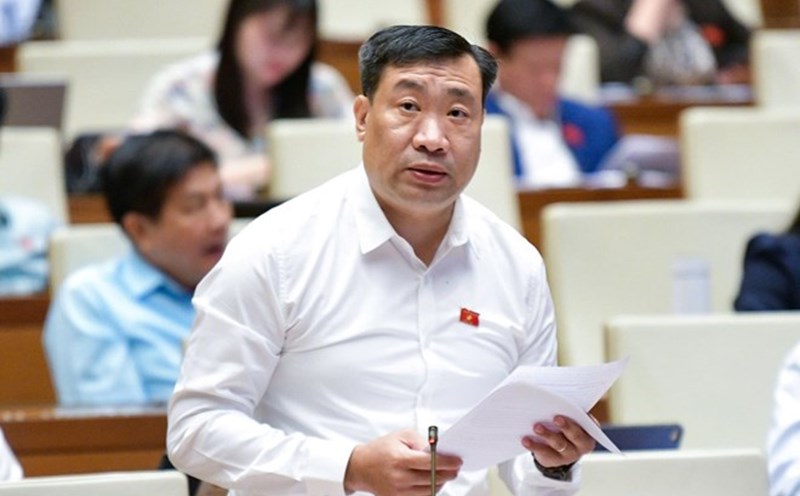Assessing the work of preventing budget loss, Mr. Nguyen Quang Huy (photo) - CEO of the Faculty of Finance - Banking, Nguyen Trai University - commented that the Tax sector has made a remarkable change in both management thinking and implementation organization. The synchronous implementation of policies, application of electronic invoices, electronic tax declaration - payment - refund has improved accuracy, timeliness and transparency. In particular, the data analysis and risk management system helps focus on accurate inspection, contributing to increasing revenue, raising people and businesses' confidence in a fair and transparent tax system.
According to Mr. Huy, electronic tax declaration, payment and refund systems have significantly reduced time, costs and efforts for both management agencies and taxpayers. In particular, the application of artificial intelligence (AI), Big Data and risk management models has opened up the ability to focus on inspection and supervision, avoiding spreading out, both effectively and minimizing inconvenience for businesses.
These innovations not only bring financial efficiency, but also create a transparent and fair tax environment, promoting voluntary compliance in the business community - a key factor in modern tax management, said Mr. Huy.
Sharing more about the effectiveness of tax management in previously difficult-to-control sectors such as e-commerce, petroleum retail... through new mechanisms such as electronic invoices, Mr. Huy said that this is one of the most obvious practical achievements in recent times.
With the mandatory application of electronic invoices, transactions that were previously difficult to track have now been fully recorded and in real time. This is especially meaningful in sectors such as retail, fast-moving consumer services, e-commerce - where cash flow and transactions are dense but small. Digital tools are also designed in a friendly direction, easy to integrate with internal accounting systems, helping businesses fulfill their tax obligations conveniently, without arising additional procedures or administrative burdens. Thanks to that, the tax sector has gradually increased the efficiency of collecting correct and sufficient fees; narrowed tax losses, while still ensuring a stable and transparent business environment".
Mr. Huy assessed that the technology solutions are designed in a user-friendly, easy-to-use direction, integrated with the internal accounting system of the enterprise, helping the enterprise both comply with tax obligations and optimize the governance process. The system is also increasingly flexible for small and micro enterprises, through free or low-cost platforms, helping to improve access and consensus.











